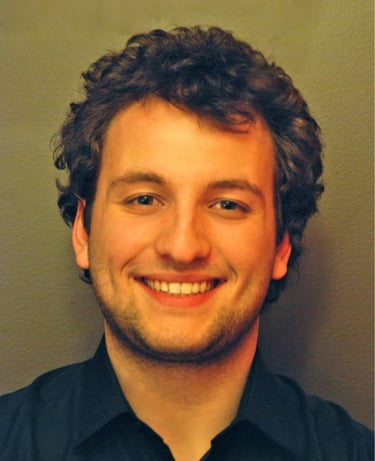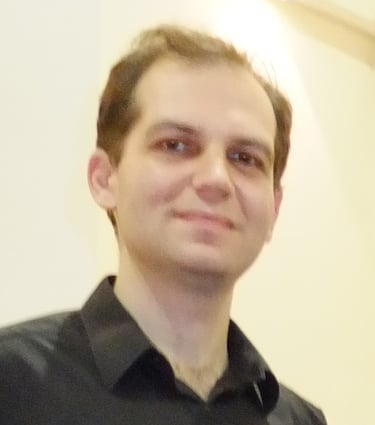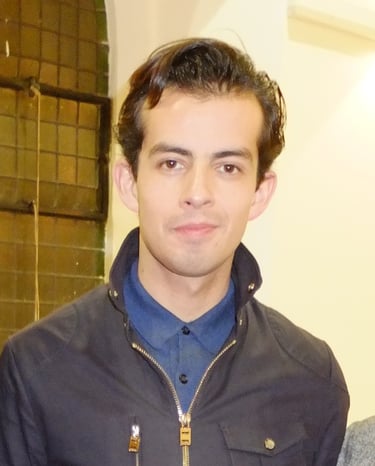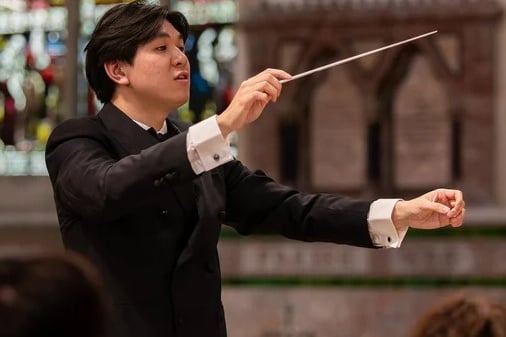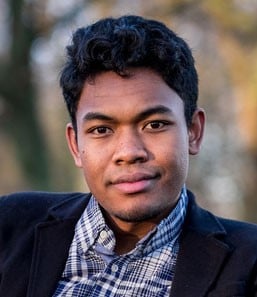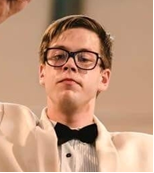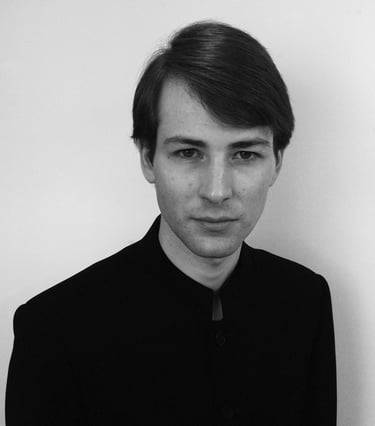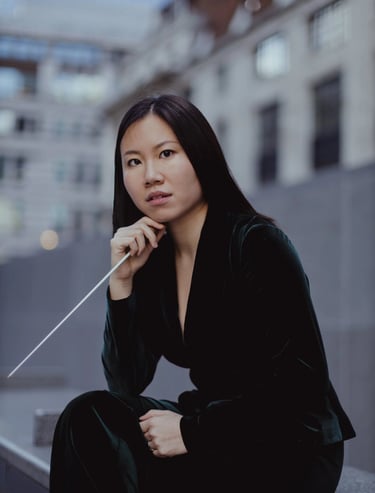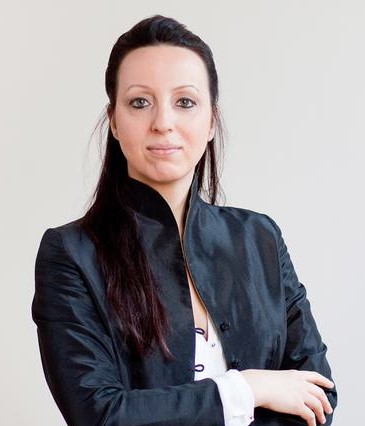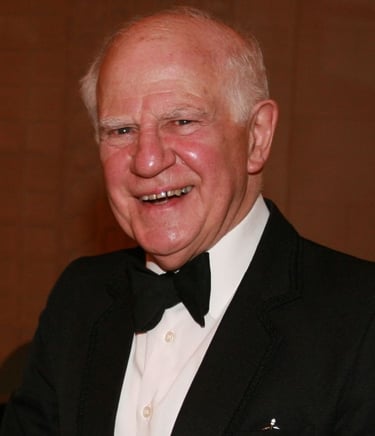History
The orchestra all started at the suggestion of Anne Rowntree, the then conductor of St Bartholomew's Polyphony Choir, and was subsequently founded jointly by her and by Bernard Jupp as conductor in mid-1973. At the outset, it comprised a small and motley collection of wind instrument players of varying ability. Their numbers were enhanced by friendly members of an orchestra of medical and music students, Musica Medica, already conducted by Bernard Jupp at Guy's Hospital.
In-house concerts, very much in the form of informal musical evenings, were held regularly, and gradually gave way to more formal concerts until, after four years or so, it became apparent that its membership, still of wind instrumentalists, should start to embrace strings as well.
And so friends contacted friends, and the orchestra soon had sufficient string players to hold its first land-mark concert, which included Wagner's Siegfried Idyll and Stravinsky's Eight Instrumental Miniatures, both of which involved our new-found strings. These concerts quickly became the norm, and were held regularly in neighbouring churches, all proceeds going to charity, thanks to the generosity of our hosts and particularly St Bartholomew's Church, in not charging for the use of their premises, and also to our players and the many soloists who played with us in not charging for doing so.
In addition to local churches, venues became more varied and the orchestra, by now more established, was for several years the resident orchestra for the Croydon Music Festival held annually in Fairfield Hall.
It was also the founder and resident orchestra of the Conflagration concerts, marking the 50th anniversary of the burning down of Crystal Palace in 1936. These Conflagration concerts, some involving massed choirs of over 120 drawn from the larger Croydon choirs, continued for several years in Fairfield Hall in support of the Crystal Palace Foundation, until the rising cost of hiring the Hall made them no longer financially viable.
During this lengthy and exhilarating period, the orchestra grew steadily in membership and ability, playing in mainly local churches, but also in Southwark and St George's Cathedrals and Arundel Castle as well as in Fairfield Hall, not forgetting the concerts with our close friends St Bartholomew's Polyphony Choir, with whom the original manuscript orchestral parts of John Stainer's Daughter of Jairus were located in the States and a commercial recording made. A wider range of music gradually opened up, and the great overtures of the Wagner operas became a possibility, with their large brass sections. The inclusion of his Mastersingers in our 50th anniversary concert in 2023 is a good example, always enjoyed by the orchestra and hopefully by audience alike.
A further development was the rescoring for orchestra of some of the Polyphony Choir's organ accompaniments. The rescoring of his Mass, the lovely Prince of Peace, originally for organ (1962) and also included in our 50th anniversary concert, resulted from a very friendly concord with William Lloyd Webber (1914-1982), father of his perhaps better-known two sons Andrew and Julian. He was a cathedral-standard organist at the age of only fourteen, later taught at the Royal College of Music, and in 1964 became Director of the London College of Music. He vetted and gently suggested minor improvements to the orchestra's full-orchestra rescoring, and kindly came with his wife to its first performance, in 1982 with the Polyphony Choir in St George's Cathedral.
Late in 2007 the Kanneh-Mason family approached the orchestra to accompany their 11-year old daughter Isata in a public performance of the piano concerto she had just written at the Royal Academy of Music's Junior Academy. A short run-through with her was enough to clinch the arrangement, and the ensuing concert early the next year was highly successful and incidentally raised a large sum in aid of orphanages in Romania. Unknowingly, the orchestra was thus privileged to help an exceptionally-talented little girl on what turned out to be the first steps of her now international career.
Bernard Jupp's final concert, in Croydon Parish Church (later Minster), came in 2008 after more than 120 concerts and 35 years as resident conductor. For the next three years the orchestra was conducted by an excellent oboist Alex Koshelev from the Royal College of Music, to be followed by two years of uncertainty as to the next conductor. This period was happily brought to an end by the first of an explosive 10-year succession of wonderfully gifted young student conductors seeing out their postgraduate final year at the Royal Academy of Music or the Royal College of Music. They in turn brought their equally talented instrumental friends to play concertos with the orchestra, a situation that was to everyone's advantage. It resulted in some exceptional concerts and some long-lasting friendships as those who took part later progressed in the profession.
The orchestra is now fortunate in having David Hackbridge Johnson to continue this line of outstanding conductors, and looks forward to building further on such a firm foundation.
